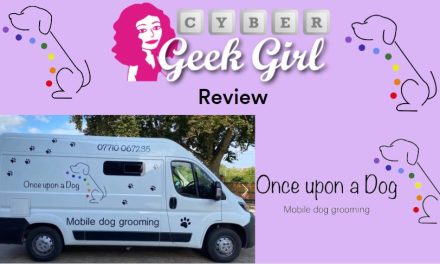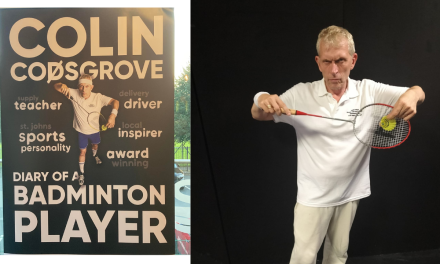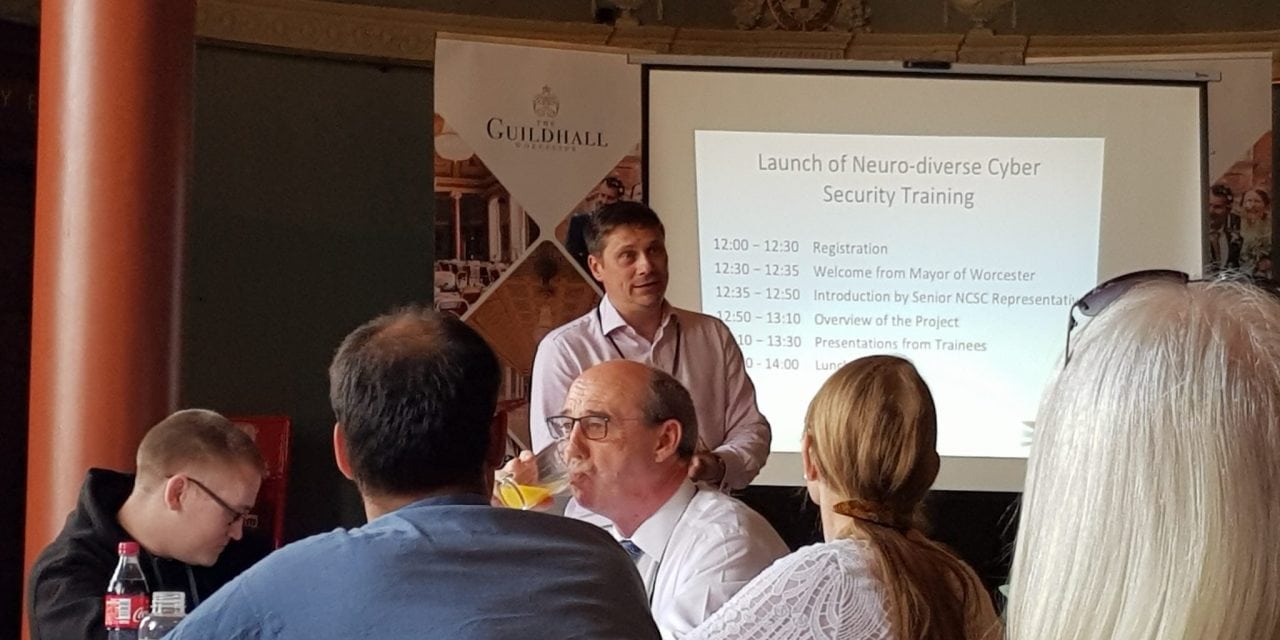 Yesterday I was proud to attend the launch of a new initiative run by Dr Emma Philpott, a leading cyber security expert in Worcestershire and the UK. I have known Emma for almost ten years when I joined my ex-husband when he launched his company Titania Ltd in 2009, and I have always been a great admirer of her work.
Yesterday I was proud to attend the launch of a new initiative run by Dr Emma Philpott, a leading cyber security expert in Worcestershire and the UK. I have known Emma for almost ten years when I joined my ex-husband when he launched his company Titania Ltd in 2009, and I have always been a great admirer of her work.
Dr Emma Philpott is part of the IASME Consortium, the UK Cyber Security Forum, the Wyche Innovation Centre, the Malvern Festival of Innovation and now the Community Cyber Security Centre, which has two elements to it. The first one is a training element which exists to train unemployed and neurodiverse people in cyber security and workplace skills, and the second element is an affordable internet protection service for vulnerable groups of people. She is also the Founder of the Malvern Cyber Security Cluster, and I’ve attended many of the meetings of the cluster in the past.
The Launch of the Community Cyber Security Centre’s Training Offering
The reason attending the launch of the training part of the Community Cyber Security Centre was so important to me is that two months ago I was diagnosed as autistic. My diagnosis came out of the blue as I took part in a study which was looking for undiagnosed autism in adults, particularly in women, when I attended a routine GP appointment. More about my diagnosis and how it happened can be found on MeDecoded.
All my life I knew that something was different about me, but I could never put my finger on what it was. I struggled to fit in, to relate to people, make eye contact with them and socialise. I “pretended” I was okay at doing all of those things and “masked” the way I was, but it was debilitating and exhausting.
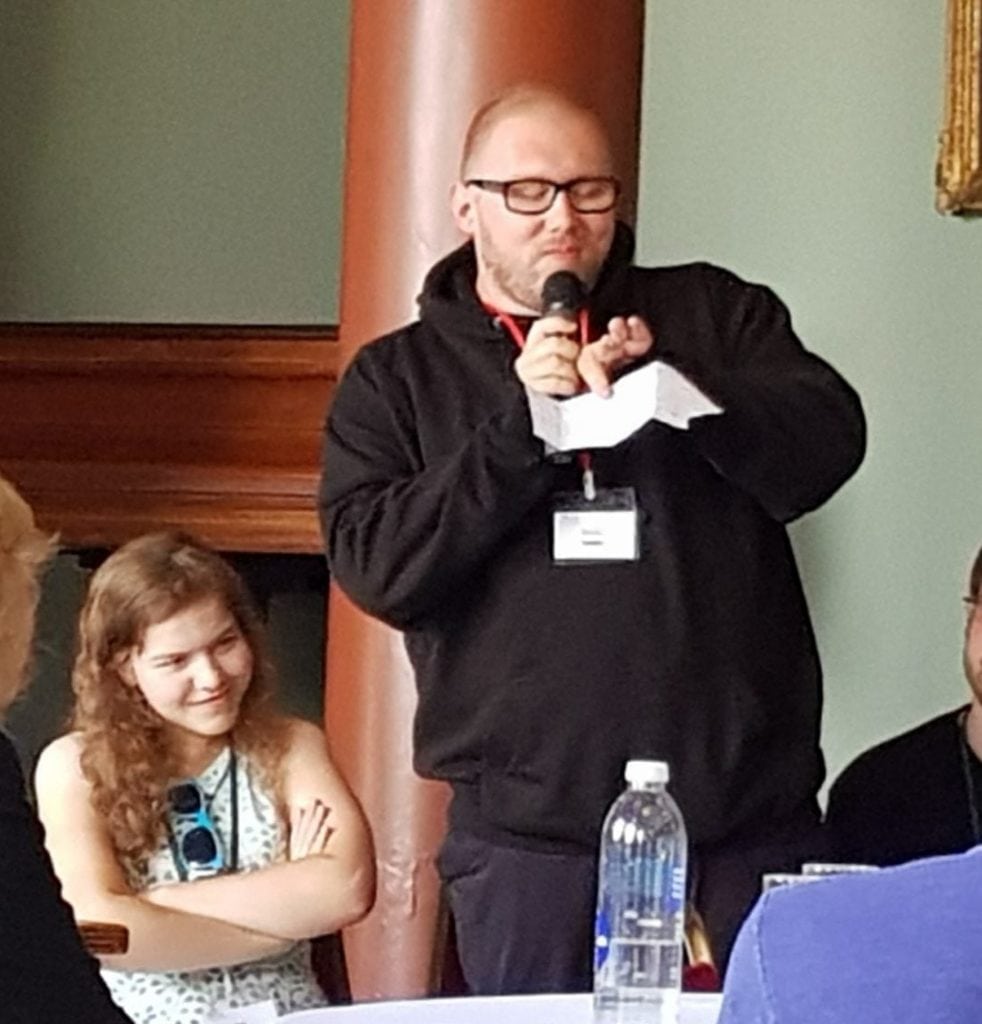 When it came to things I was interested in it wasn’t enough for me to know just a little bit about them I had to know everything there was to know. If ever I went on “Mastermind” my specialist subjects would be heavy metal music (particularly the bands Queen and Status Quo), nuclear war, sci-fi (especially Babylon 5, Battlestar Galactica and Star Trek) and since 2009 cyber security and hacking.
When it came to things I was interested in it wasn’t enough for me to know just a little bit about them I had to know everything there was to know. If ever I went on “Mastermind” my specialist subjects would be heavy metal music (particularly the bands Queen and Status Quo), nuclear war, sci-fi (especially Babylon 5, Battlestar Galactica and Star Trek) and since 2009 cyber security and hacking.
Up until 2009 my career was spent mainly in the arts, entertainment and professional services industries in PR and marketing. Then I joined my ex-husband’s company Titania Ltd and it was like a lightbulb went off in my head, bold and bright. I was fascinated with hacking, the psychology of hacking, cyber security, why it existed and the importance of it, soaking up every bit of information I could find on cyber security like a sponge. I came away from Titania Ltd in 2012 when my ex-husband and I separated and subsequently divorced.
Since then I have remained in the industry and worked on a BT product called Assure Cyber. I have also produced numerous reports, white papers, benchmarking studies, blogs and articles on cyber and data security during my time at Corinium Global Intelligence. In my freelance career I have worked with lots of cyber security companies on their marketing, PR and content marketing and I am the Founder and CEO of the UK Cyber Security Association, a membership organisation dedicated solely to cyber security and the individuals and companies that work in the industry. I have done all this despite great personal challenges including the stillbirth of my son Francesco “Frankie” Enrico Ventura and going through 5 other close family bereavements. Sometimes my work in cyber security had to go “on hold” to be there for my family, to help look after my Aunty with dementia and my Dad who is currently in ill health, but I wouldn’t have had it any other way.
When I received my autism diagnosis I understood exactly why I am the way I am, and through extensive recent research I have found that while there is a huge skills gap in cyber security. In addition, there is also gender inequality with hardly any women working in cyber security and many of those who do work in cyber security – men and women – have autistic traits.
This made perfect sense to me and I realised why I have done so well in cyber security since I “stumbled” into it in 2009 when I was diagnosed as autistic. Even before 2009 I used to love talking to my ex-husband about his work as an ethical hacker and I was fascinated by it, although he couldn’t tell me too much because of the high-level government work he did. His profession was as interesting to me as if he was a rocket scientist. I knew he would go on to do great things in cyber security and his field, and he has.
Training Neurodiverse Adults in Cyber Security
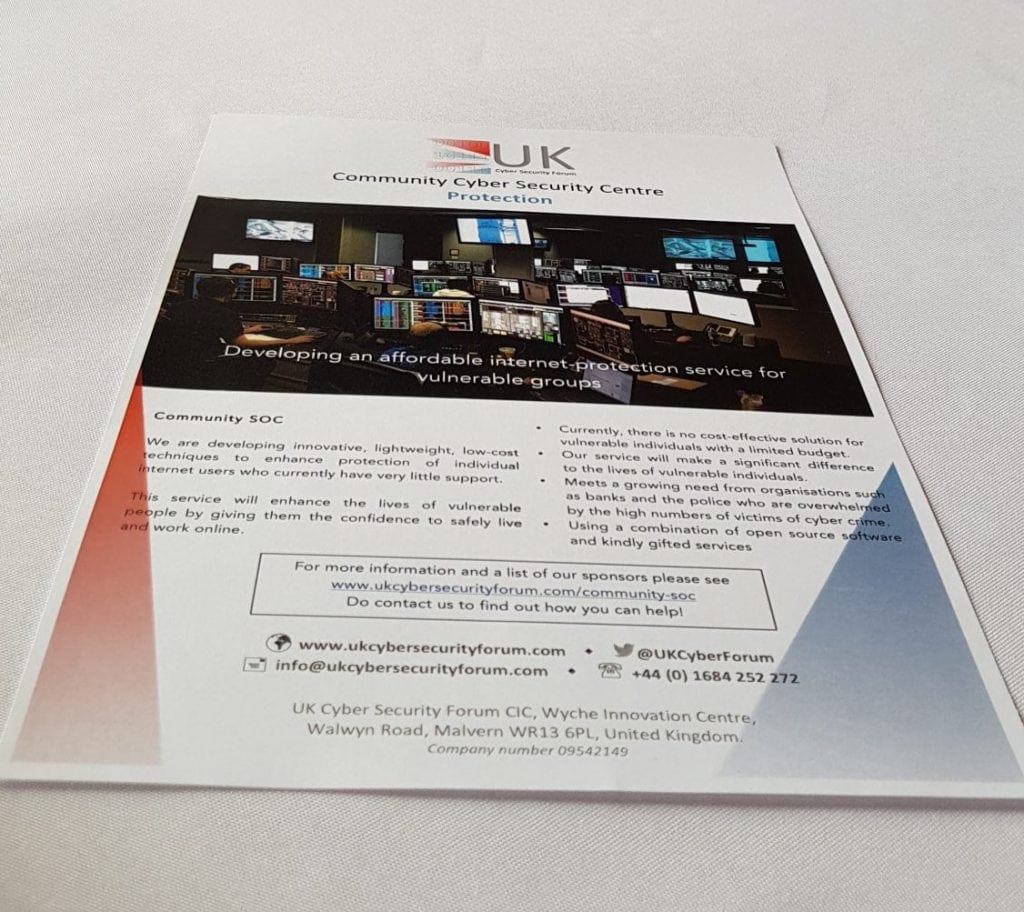 The new training platform of the Community Cyber Security Centre which was launched yesterday exists to train those who are neuro-diverse in cyber security and equip them with workplace skills. Many autistic people have the most amazing skills in hacking and cyber security, but some lack the knowledge between “right and wrong” in terms of using them. For example, they may hack into the systems of the government or a large corporate company “because they can” rather than to cause any malice, and by teaching them to use their skills for good they can find jobs and employment that they are suited to. It is a win-win for both the employer and the employee.
The new training platform of the Community Cyber Security Centre which was launched yesterday exists to train those who are neuro-diverse in cyber security and equip them with workplace skills. Many autistic people have the most amazing skills in hacking and cyber security, but some lack the knowledge between “right and wrong” in terms of using them. For example, they may hack into the systems of the government or a large corporate company “because they can” rather than to cause any malice, and by teaching them to use their skills for good they can find jobs and employment that they are suited to. It is a win-win for both the employer and the employee.
Shockingly, only 16% of autistic adults are in full-time employment and this statistic has not changed over the last decade. Neuro-diverse skills are especially suited to cyber security, but until now there has been little support to develop these skills and consequently many neuro-diverse individuals are out of work.
The training offered by the Community Cyber Security Centre takes place at Worcester Guildhall, who have been very supportive in terms of facilities and rooms. What I love most is that while some of the training is developed in a classroom/group environment a “quiet” or “breakout” room is also available to allow students to have time out, time to themselves and regroup if they feel that they are getting too much sensory information to process. I learn best on my own, and if I must be in a group environment I often need time away from the group to gather my thoughts. Colours, noise and smells often overload my brain and having that kind of space available is vital to me, as I am sure it is for those who are on the course.
As part of the training, which is delivered in collaboration with Immersive Labs, hands on course content is delivered by expert trainers. Workplace training and help with communication skills is included, visits are made to companies and organisations and students can take advantage of a personal mentor scheme.
Given how large the cyber security skills gap is in the UK this initiative is a brilliant one to help fill it with neuro-diverse adults who naturally fit into the industry. I was so happy to see some of the students at the launch event stand up and tell a room full of people how they are getting on with their training and what it means to them, and I was so proud of them for going out of their “comfort” zone to share their experiences. Those students come from all over the UK to take part in the training 2 days a week.
Funding to Train Neurodiverse Adults in Cyber Security
Sadly, like everything else it can only continue if funding can be found to keep it going past November 2018. However, Emma has been contacted by companies in other areas of the UK interested in the same kind of initiative, so there is interest in it on a national level. But for it to continue in Worcestershire from November 2018 onwards it needs to be funded, so if anyone reading this would like to contribute there is a crowdfunding link –
https://www.justgiving.com/crowdfunding/community-cybersecurity.
However, if you would like to contribute to developing an affordable way to provide internet protection for vulnerable groups, this is the link – https://www.justgiving.com/crowdfunding/community-cyberprotection.
Alternatively, more information and how to contact Dr Emma Philpott to get involved visit this link – https://www.ukcybersecurityforum.com/community-soc.
I hope to report more on the progress of the Community Cyber Security Centre in the future.
Join the Debate
Do you think this initiative is will find, nurture and develop cyber security skills talent in those who are neuro-diverse? Are you neuro-diverse and looking for a career that fits your skills perfectly? Would you like to see more support and neuro-diverse adults in the workplace? I would love to hear from you, please post a comment below or email hello@cybergeekgirl.co.uk.


